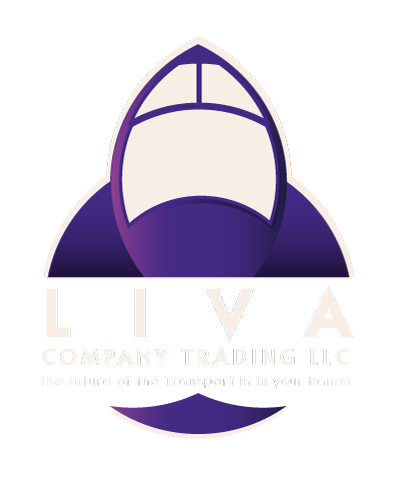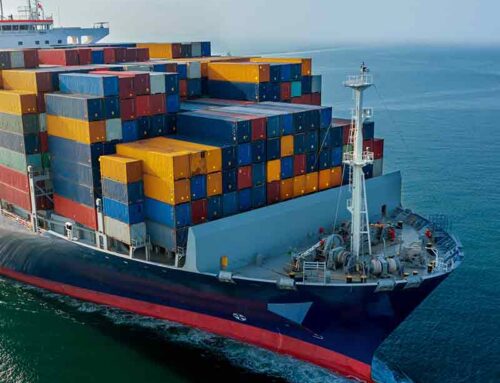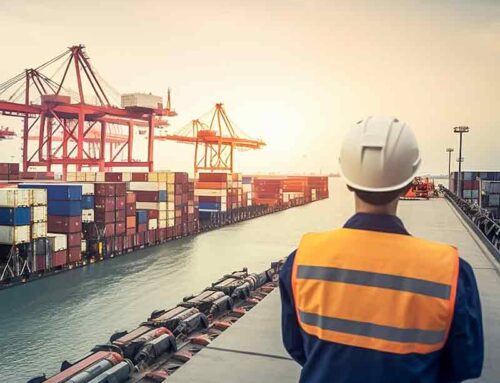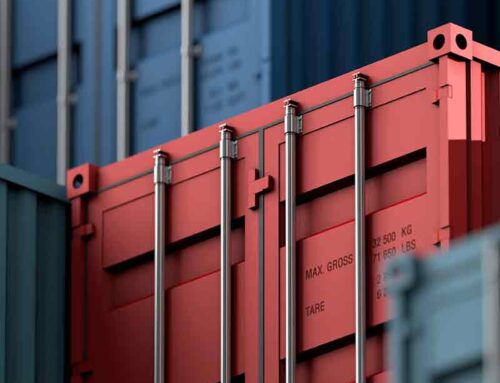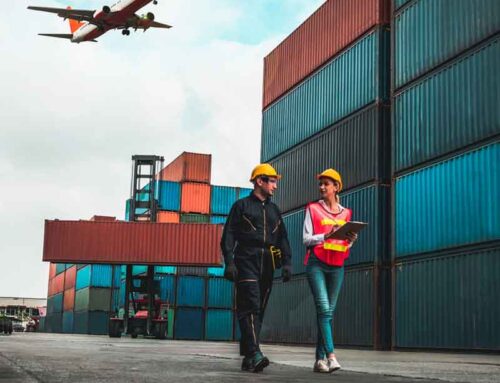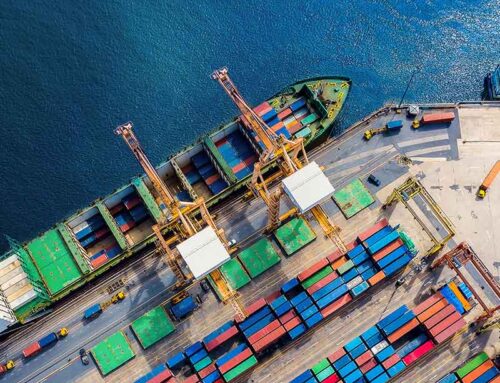Inland Transport Warehouse Services LTL, FTL, OTM, NATIONWIDE etc
Inland transport warehouse services involve the storage and handling of goods within a country's borders. These services are typically provided by logistics companies or third-party logistics (3PL) providers.
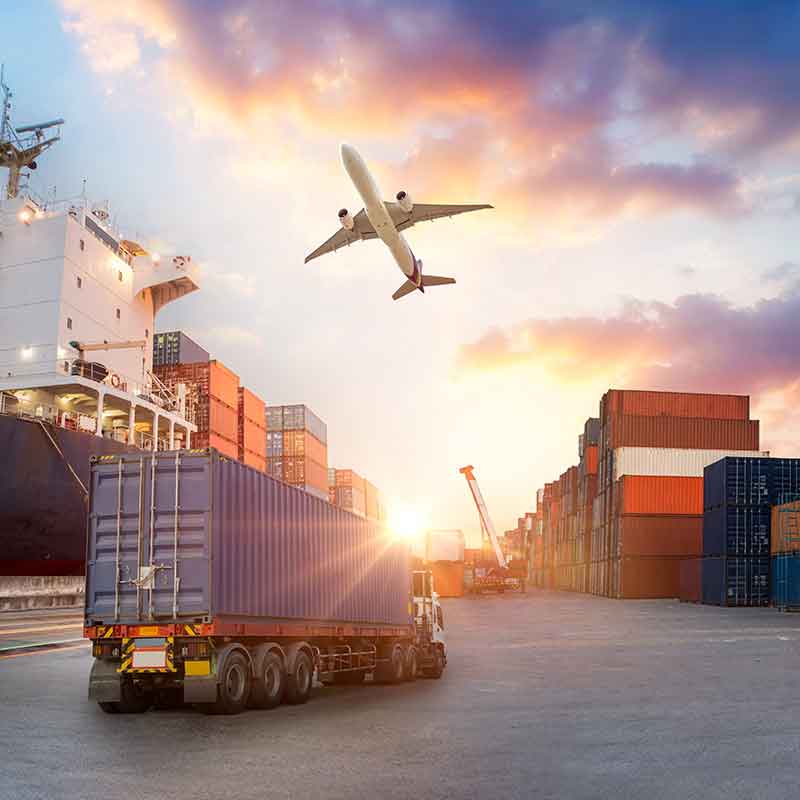
Services offered:
Warehousing: Storage of goods in secure and temperature-controlled warehouses.
Cross-docking: Direct transfer of goods from inbound to outbound vehicles
Without storage.
Order fulfillment: Picking, packing, and shipping of orders to customers.
Inventory management: Tracking and controlling inventory levels to ensure
Optimal stock levels.
Transportation: Local and regional transportation of goods to and from
warehouses.
Benefits:
Reduced transportation costs by consolidating shipments.
Improved inventory control and visibility.
Faster order fulfillment times.
Reduced risk of damage or loss during storage and handling.
Access to specialized equipment and expertise.
Less-Than-Truckload (LTL) Services
LTL services involve the transportation of smaller shipments that do not fill an
entire truckload. These shipments are consolidated with other LTL shipments
going to similar destinations.
How LTL works:
Shippers prepare and label their shipments.
The carrier collects the shipments and transports them to a consolidation
terminal.
The shipments are sorted and consolidated into truckloads.
The truckloads are shipped to the destination terminals.
The shipments are unloaded and delivered to consignees.
Benefits of LTL:
Cost-effective for smaller shipments.
Flexibility in shipment size and scheduling.
Reduced risk of damage or loss compared to full truckloads.
Full-Truckload (FTL) Services
FTL services involve the transportation of shipments that fill an entire
truckload. The shipper has exclusive use of the truck and can determine the
loading and unloading schedules.
How FTL works:
Shippers prepare and load their goods into the truck.
The carrier transports the truckload directly to the destination.
The consignee unloads the goods from the truck.
Benefits of FTL:
Faster transit times compared to LTL.
Greater flexibility and control over the shipment.
Potential cost savings for large shipments.
Factors to consider when choosing between LTL and FTL:
Shipment size
Freight density
Destination
Transit time requirements
Cost considerations

